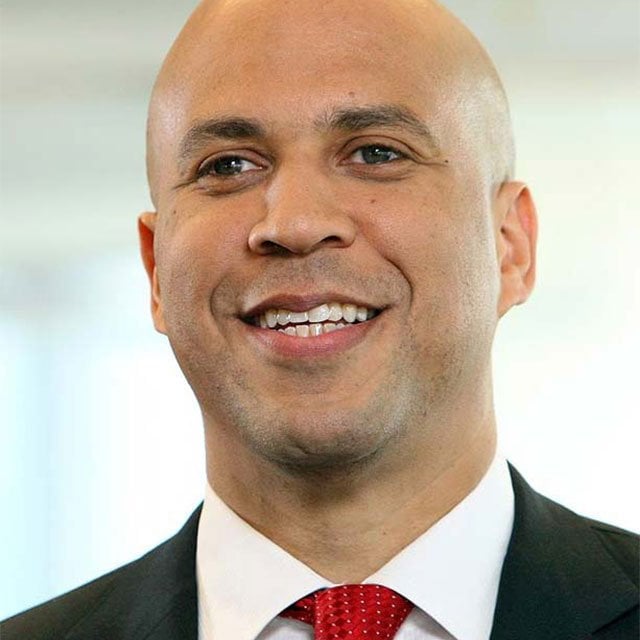Senators Stump for Emergency Savings in Secure Act 2.0, With Help From Suze Orman

In pushing for their legislation and the broader passage of Secure 2.0, Sens. Booker and Young highlighted how debt balances across the U.S. are steadily closing in on the $2 trillion mark. With the impact of near-record levels of inflation, low- to middle-income workers in particular are feeling the pinch and falling behind on meeting their expenses and saving for retirement.
As summarized by Booker and Young, the Rise & Shine Act would deliver a number of improvements to the employer-based retirement system, including a provision that would enable employers to offer post-tax emergency savings accounts into which employees may be automatically enrolled to fund emergency expenses. The lawmakers called these accounts an “emergency savings sidecar” that could automatically help many Americans get on a sounder financial footing.
As the senators pointed out, this new optional benefit would be offered in combination with a defined contribution retirement savings plan — hence the “sidecar account” nickname. As the bill was originally formulated, employers could choose to automatically enroll employees into the emergency savings account up to a maximum of 3% of an employee’s salary, and the accounts are capped at $2,500 or lower, as set by the employer.
Contributions to emergency savings accounts would be treated as elective deferrals for purposes of retirement matching contributions. Matching contributions would be made to the defined contribution retirement plan.
According to Booker and Young, the provision of automated emergency savings accounts delivers major benefits to both workers and employers. These comments were echoed during the event by personal finance expert Suze Orman, a co-founder of SecureSave, a program enabling employers to offer such accounts.
As Orman emphasized, employers have an obligation and an opportunity to help their employees save for emergencies. She pointed to data and anecdotal evidence showing how workers who are able to save adequately and feel like they are financially stable are more productive and less distracted while on the job. She also noted the psychological importance of separating emergency savings from other forms of savings.
“When people have a different account, they know it is not meant to go out to eat or to travel,” Orman said. “The emergency label means the money is only for emergencies — for when the car breaks down or when you need a new refrigerator or when have an unexpected medical bill.”
Booker, Young and Orman all agreed that that emergency savings solutions should enable short-term savings with liquidity and preserve long-term savings — meaning sidecar savings accounts — should be “additive” for retirement security.
Pictured: Sen. Cory Booker, official photo




